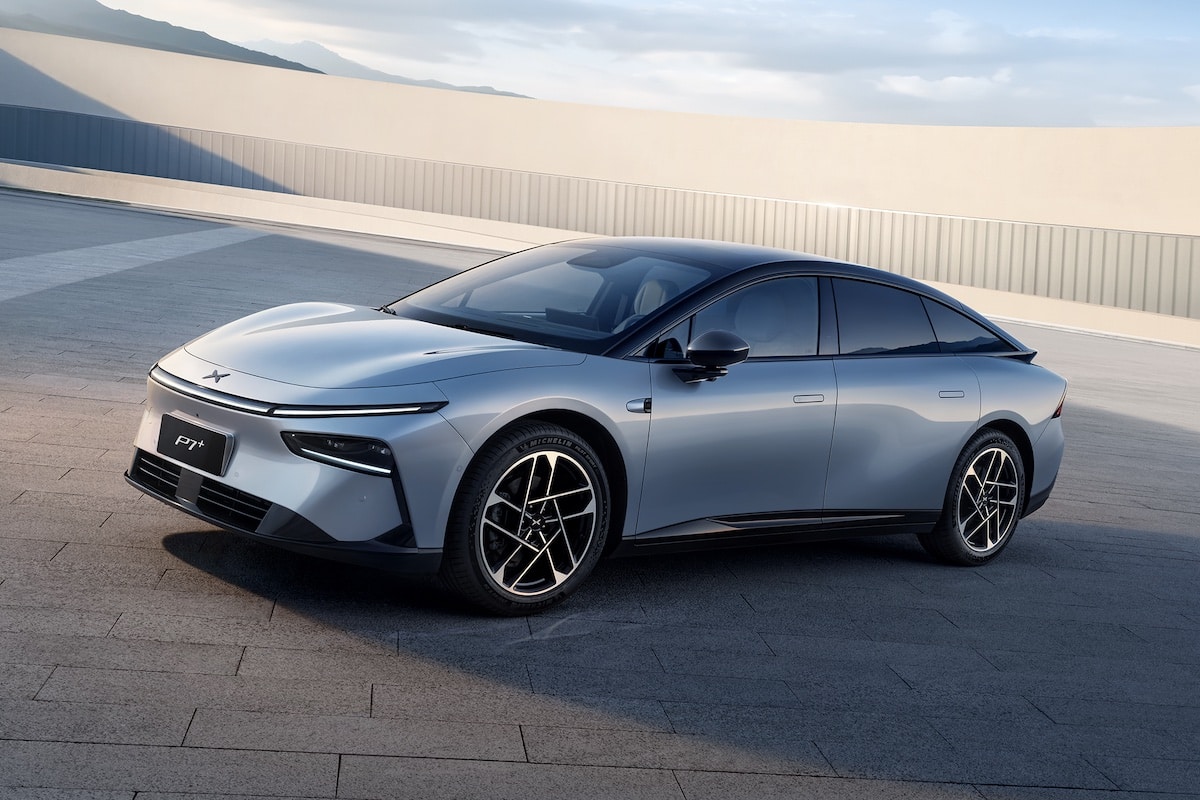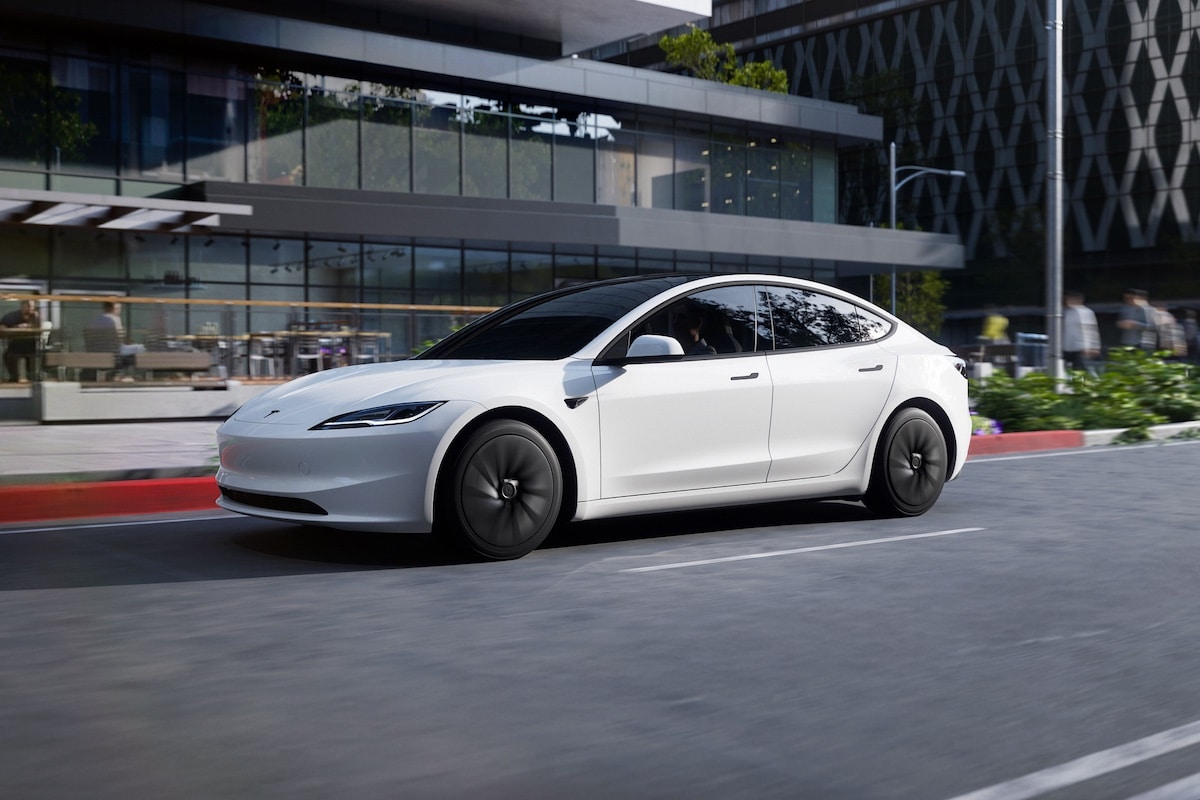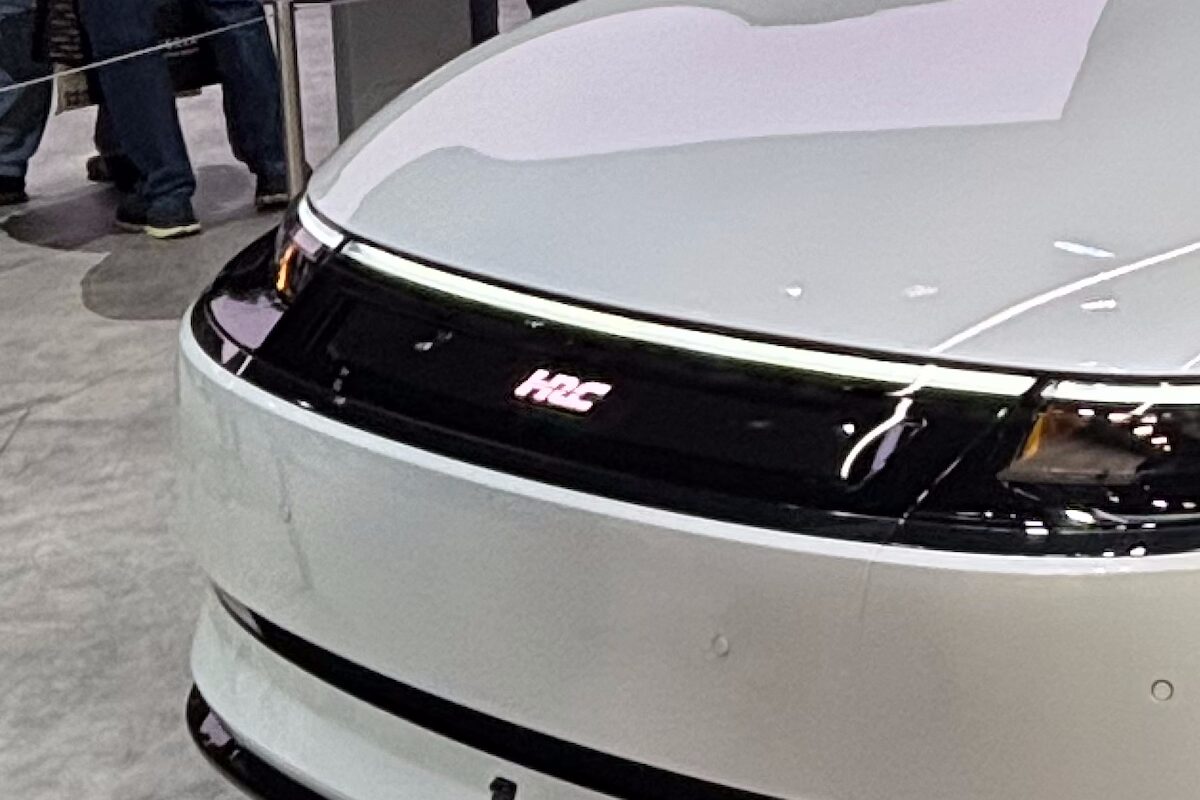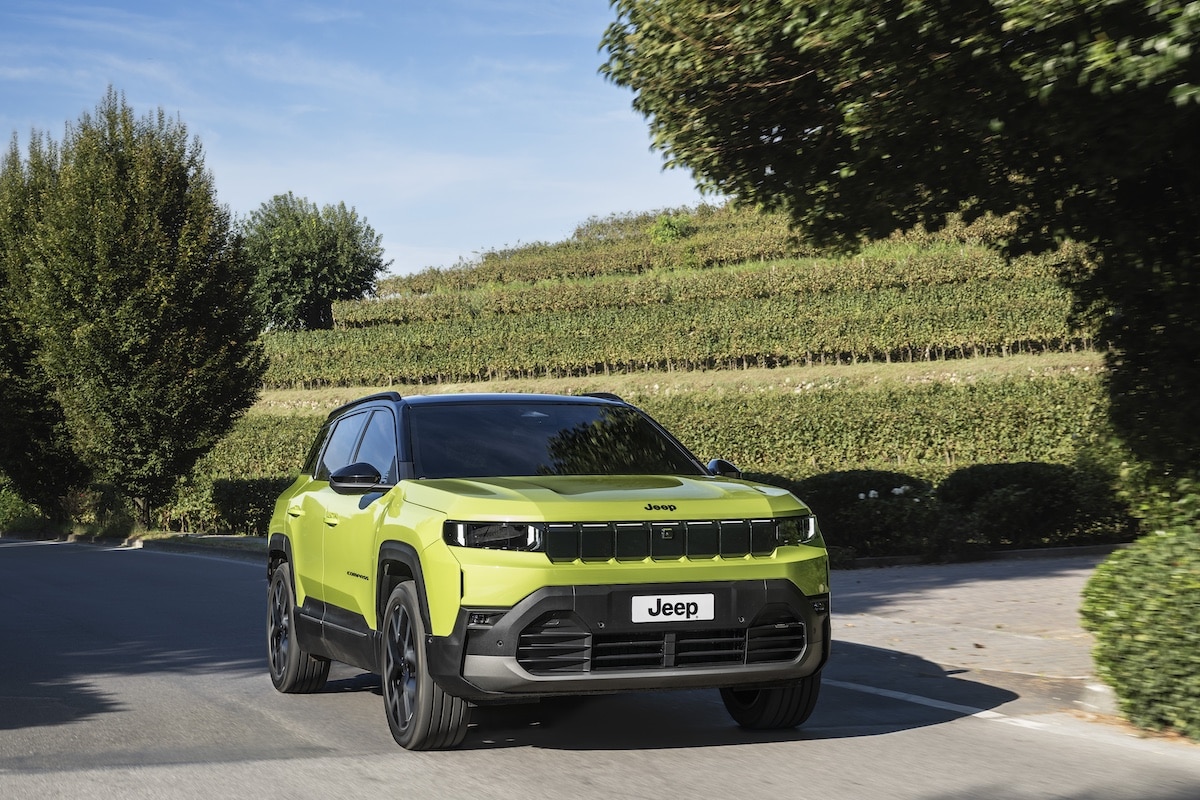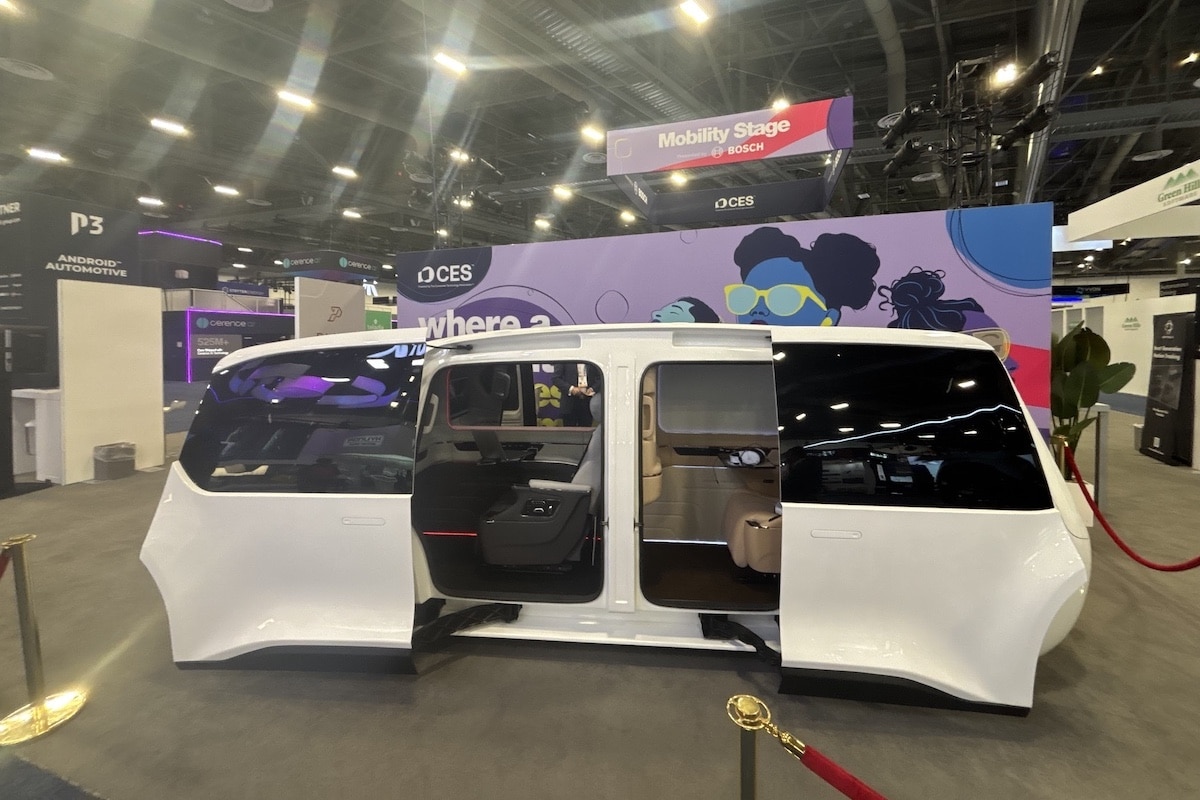E-Car: the affordable electric car that makes sense
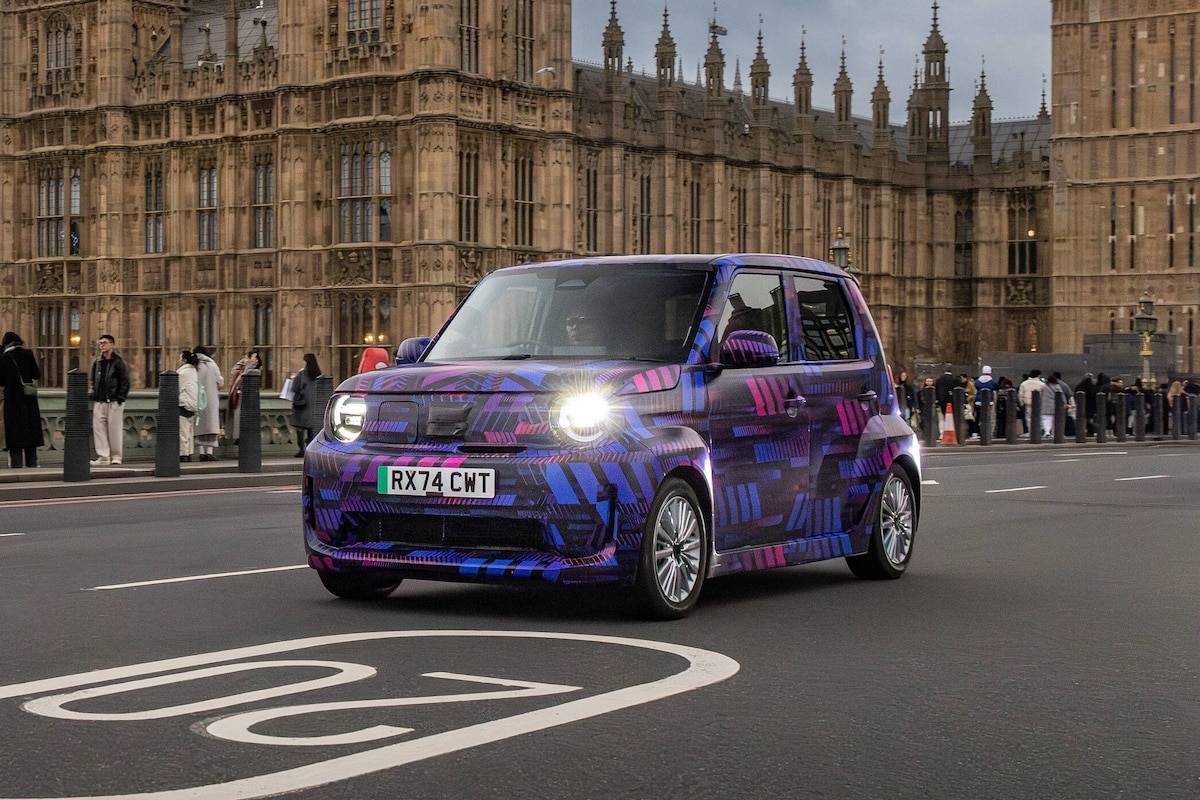
Europe could soon welcome a new category of simple and cheaper electric cars, the “E-Cars”.
Inspired by Japanese kei cars, these small urban vehicles will aim to make electric mobility truly accessible, practical, and economical. Today, this category is still in the project stage. However, it seems so logical that specific regulations should soon come into being. Electric cars, even mini ones, are currently penalized by increasingly numerous and costly driving aids and mandatory equipment: lane departure alerts, crumple zones, dozens of airbags… Essential measures on highways, but superfluous for a vehicle limited to urban and suburban use.
This is where the common sense of E-Cars comes into play. By easing certain requirements, these vehicles could remain safe while still being affordable. Renault and Stellantis support the idea of adapting regulations to reduce production costs and make electric vehicles accessible to a broader audience.
An E-Car Full of Common Sense
E-Cars would be compact, lightweight, and suited for urban trips. Their power and speed would be limited but ample enough for city and regional driving, while ensuring controlled consumption and decent range. This simplicity becomes an asset: fewer unnecessary gadgets, less weight, lower costs, but four seats and maximum efficiency for daily use at a price below 15,000 euros.
You might be interestedin this article:
Although the project is still in its infancy, it already enjoys solid political and industrial support. If regulations follow suit, E-Cars could transform urban mobility in Europe, offering a sustainable, practical, and genuinely affordable alternative. A small electric car designed for the city that finally makes perfect sense.
ALSO READ: Does a Kei Car under €10,000 have a place in France?
This page is translated from the original post "E-Car : la petite voiture électrique pas chère qui a du sens" in French.
We also suggestthese articles:
Also read
